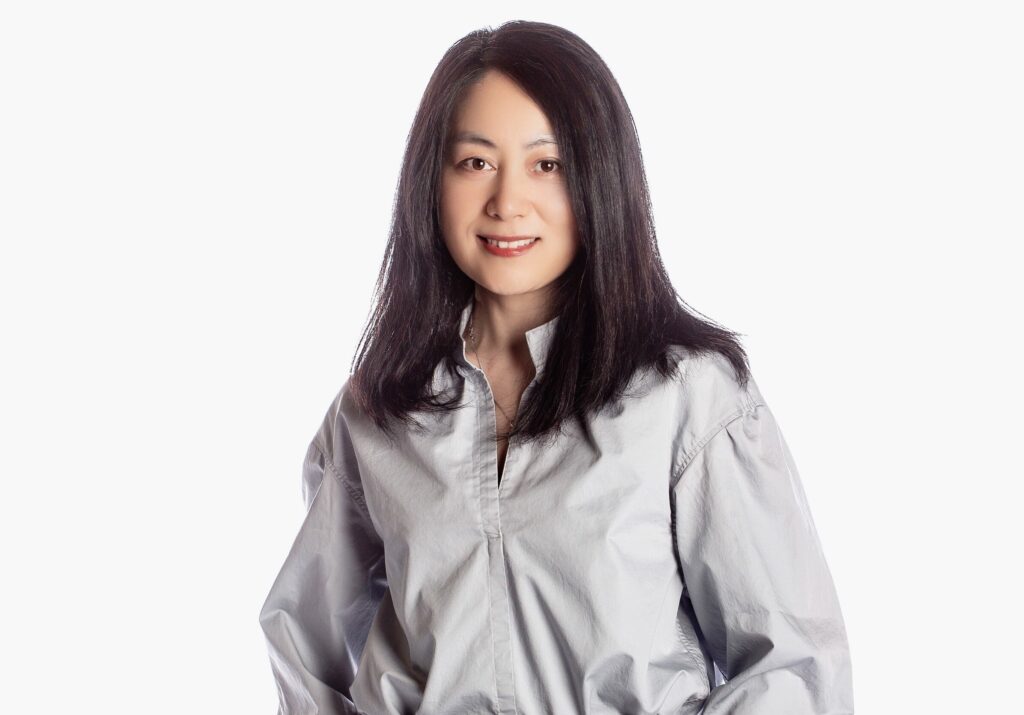Preventing mental health lessons from getting lost in translation
An online resource that teaches mental health literacy is getting a cultural makeover.

In Indigenous cultures, health is a holistic state comprising both mental and physical well-being. In traditional Chinese cultures, mental illness can be a source of shame.
Two cultures, with two very different perspectives — and neither are reflected in a leading education program that teaches Canadian youth to look after their mental health.
That gap worries Yifeng Wei, a pioneering researcher of mental health literacy with the Women and Children’s Health Research Institute, who has helped create the online Mental Health Literacy program for youth, educators, families, health-care providers and the community since 2008.
“All the information we present is Westernized information,” says Wei, a University of Alberta assistant professor of psychiatry.
“We heard the communities saying, ‘We need our own resource. Although your resource is really good, we need to adapt and we need to create new resources for our own communities.’”
Simply put, mental health literacy is the knowledge and understanding that helps us become responsible, effective and successful in living full and healthy lives, based on common definitions and increased awareness of practical skills.
The educational resources Wei helped create use everything from videos and lectures to social media to teach concepts like the differences between everyday stress, mental illness and mental disorders. Other lessons focus on real-life strategies to promote good health, or knowing when — and how — to get help.
This brings Wei to her current work, a two-part project to modify the current online resource — which has been used by an estimated 15,000 educators — into culturally appropriate versions for youth who are of Indigenous or Chinese descent.
Working with the Richmond, B.C. school district, Wei is undertaking a complete translation of the resource into the Chinese language.
She is also creating a special curriculum for Chinese parents that will ensure their understanding of mental health matches what their kids will be learning.
Another aim is to reduce the stigma of mental illness.
“In traditional Chinese culture, it’s sort of a taboo talking about mental health and mental illness in the family,” says Wei. “Even if we educate kids well in school, they go back to their own family and there is a huge block between parents and kids.”
Wei’s Chinese project, with its very specific goals, contrasts against her ambitious Indigenous project — a massive reimagining of the mental health resources using a blend of Western and Indigenous perspectives.
“We call it ‘Two-Eyed Seeing,’” says Wei. “We have to blend in all these Indigenous perspectives — such as culture, heritage, language, land and traditional healing — into the understanding of mental health and holistic health.”
This new Indigenous curriculum resource will grow out of advice and direction from working groups made up of Elders, community healers, Indigenous educators and other community members, with input from Indigenous youth.
Wei has established five working groups so far, in Alberta, B.C., Nova Scotia, New Brunswick and the Northwest Territories.
“Each Indigenous community is unique,” she says about the importance of hearing from a wide variety of representatives. “They have different ways of seeing the world. They have different things they appreciate and different cultural identities. And then they have different healing processes as well.”
One of Wei’s first tasks was to compile a list of existing resources to educate Indigenous youth about mental health.
There wasn’t much, a finding that convinced her of the importance of this work.
“There is a great lack of educational resources in the Indigenous community addressing the understanding of mental health and teaching kids to seek the help they need.”
The Indigenous and Chinese projects are two examples of the work Wei is doing to ensure information about mental health is readily available, regardless of age or cultural background.
Her next project is building a mental health literacy resource for elementary school children.
“All these different projects come together to address the overarching question of ‘How can we promote child and youth mental health more effectively and efficiently? How do we bridge the gap between the health and educational systems?’”
Wei’s research is funded by our generous donors, through the Women and Children’s Health Research Institute (WCHRI).
This story was originally published in WCHRI’s 2021-22 annual report.